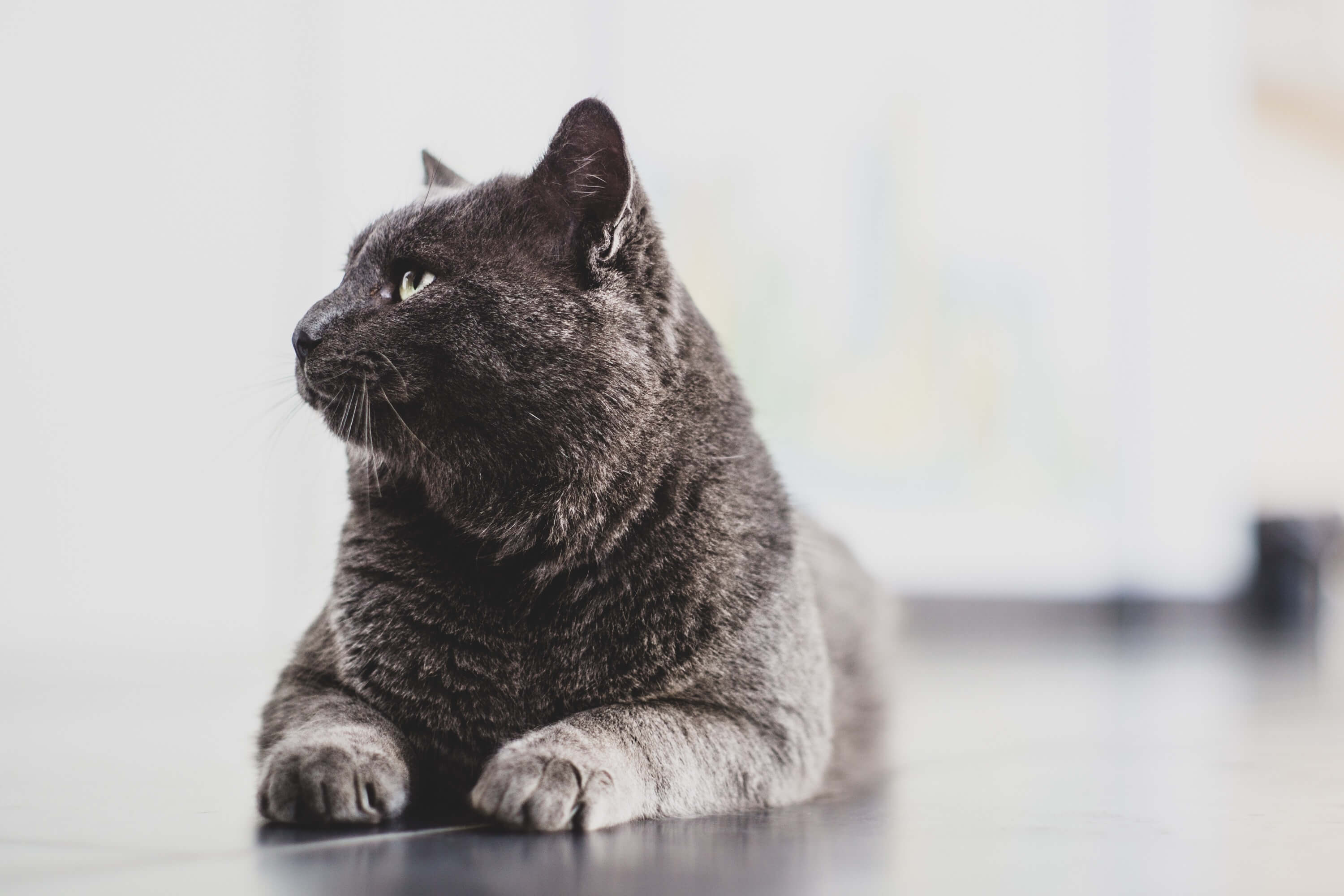Cats In The Cradle Lyrics Meaning

Little boy blue and the man on the moon.
Cats in the cradle lyrics meaning. Contents hide 1 Cats in the Cradle Meaning. And when he has children of his. What you have strove for all your life can become too much to bear at the end of the day.
5272013 Cats in the Cradle Story and Meaning This song strikes a theme of time quickly passing and time lost. The commercial song is Cats in the Cradle by Joseph Angel Pulse Music. Silver spoon is commonly associated with wealth and privilege while Little boy blue and the man on the moon brings nursery rhymes to mind.
Man In The Moon could be about the human features children see when they look at the moon. Basically the cats in the cradle is the son and the silver spoon is the father in the sense that the son is at home while the father is away making money to feed silver spoon and take care of the childs welfare. As the lyrics say the cats in the cradle - the family is at home - and the silver spoon which is a symbol of wealth the father has to earn.
The phrase the cats in the cradle appears to be a reference to the childrens game where shapes are created with string. Taken together its words mean something entirely different than they would on their ownliterally a cat inside a babys cradle. Cats in the Cradle Story and Meaning This song strikes a theme of time quickly passing and time lost.
I think the idea is the father is somewhat absent and my boy was just like me is the father realizing his son was just like him caught up in the busy life style and missing out on the important things in life. Whats more you arent likely to be able to figure out that meaning through deduction. - the one far away who is unreachable idealized by the child who sees the father as his male role model.
3 Examples of Cats in the Cradle. What is the origin of the phrase Cats in the Cradle. The little boy blue is the child that is sad because his father is away while the father is represented by the man on the moon - the one far away who is unreachable idealized by the child who sees the father as his male role.



















